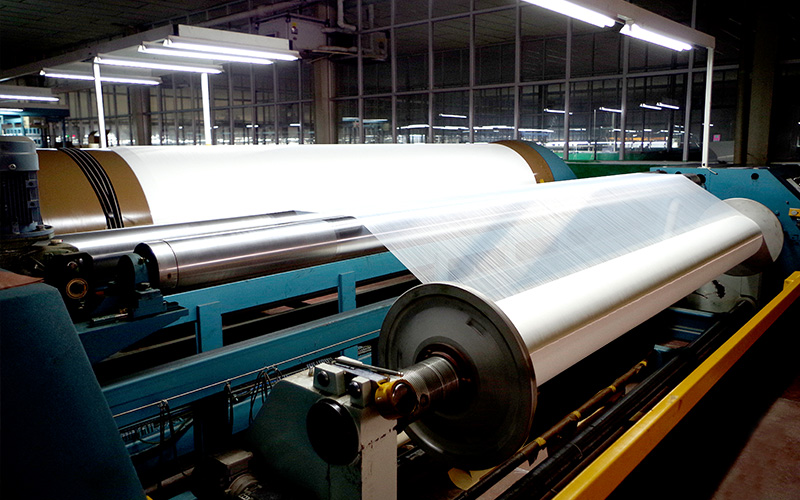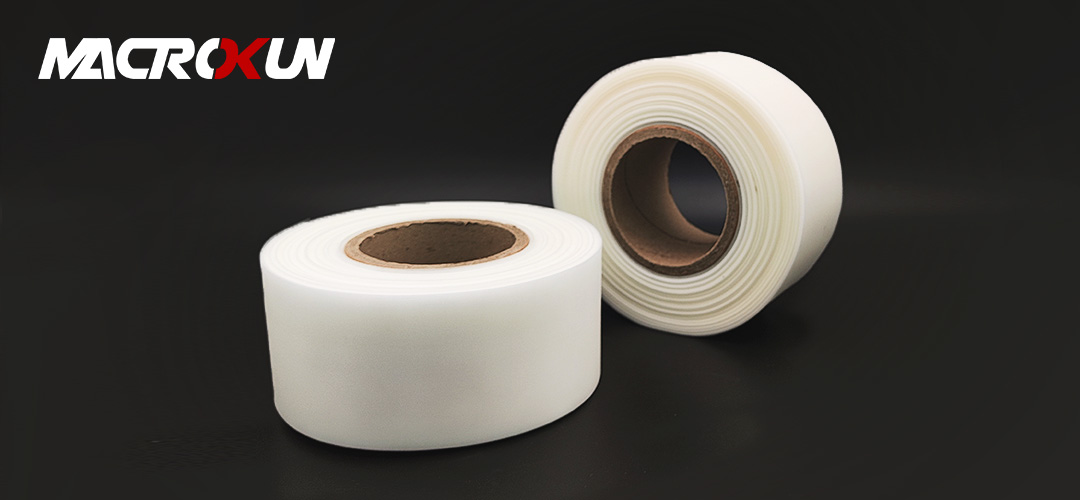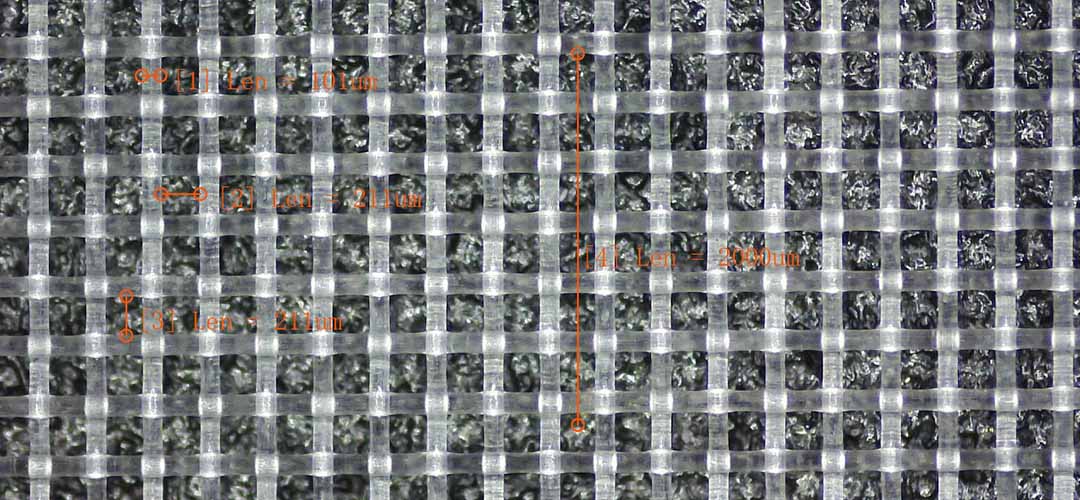When it comes to selecting the right nylon netting material for your project, durability is a key factor to consider. Nylon netting is known for its strength and resilience, making it a popular choice for a wide range of applications. However, not all nylon netting materials are created equal, and it’s important to choose the right type of nylon netting material to ensure that it will withstand the demands of your project.
One of the first things to consider when evaluating the durability of nylon netting material is the denier rating. Denier is a unit of measurement that is used to determine the thickness and strength of a material. The higher the denier rating, the thicker and stronger the material will be. When selecting nylon netting material for a project that requires high durability, it’s important to choose a material with a high denier rating to ensure that it will be able to withstand the wear and tear of regular use.
Another important factor to consider when evaluating the durability of nylon netting material is the construction of the material. Nylon netting can be woven or knotted, with each type of construction offering different levels of durability. Woven nylon netting is typically more flexible and lightweight, making it a good choice for applications that require a softer touch. Knotted nylon netting, on the other hand, is more rigid and sturdy, making it a better choice for applications that require a higher level of durability.
In addition to denier rating and construction, the type of nylon used in the netting material can also impact its durability. Nylon is available in a variety of grades, with higher-grade nylon offering greater strength and durability. When selecting nylon netting material for a project, it’s important to choose a material that is made from high-grade nylon to ensure that it will be able to withstand the demands of your project.
It’s also important to consider the environment in which the nylon netting material will be used when evaluating its durability. Nylon netting that will be exposed to harsh weather conditions, such as extreme heat or cold, may require a higher level of durability to ensure that it will not degrade over time. Additionally, nylon netting that will be used in high-traffic areas may require a higher level of durability to prevent damage from frequent use.
In conclusion, when choosing the right nylon netting material for your project, durability is a key factor to consider. By evaluating factors such as denier rating, construction, grade of nylon, and environmental conditions, you can select a nylon netting material that will be able to withstand the demands of your project and provide long-lasting performance. By taking the time to carefully evaluate the durability of nylon netting material, you can ensure that your project will be a success.
When it comes to choosing the right nylon netting material for your project, there are several factors to consider. One of the most important considerations is the mesh size and strength of the netting. Mesh size refers to the size of the individual openings in the netting, while strength refers to the overall durability and tensile strength of the material.
The mesh size of the netting is an important factor to consider, as it will determine the size of the objects that can pass through the netting. If you are using the netting for a specific purpose, such as containing small animals or preventing debris from entering a certain area, you will want to choose a mesh size that is appropriate for your needs. For example, if you are using the netting to contain small birds, you will want to choose a mesh size that is small enough to prevent them from escaping.
In addition to mesh size, you will also want to consider the strength of the netting. The strength of the netting is important, as it will determine how well the netting can withstand the forces that will be placed upon it. If you are using the netting in a high-stress environment, such as a construction site or a sports facility, you will want to choose a netting material that is strong enough to withstand the rigors of daily use.
When choosing a nylon netting material, it is important to consider both the mesh size and strength of the material. A netting material with a small mesh size and high strength will be ideal for applications where durability and security are important. On the other hand, a netting material with a larger mesh size and lower strength may be more suitable for applications where visibility and airflow are important.
In conclusion, when choosing the right nylon netting material for your project, it is important to consider both the mesh size and strength of the material. By carefully evaluating these factors, you can ensure that you choose a netting material that is well-suited to your specific needs. Whether you are using the netting for containment, protection, or any other purpose, selecting the right mesh size and strength will help you achieve the best results for your project.
When it comes to choosing the right nylon netting material for your project, one important factor to consider is UV resistance and weatherproofing. Nylon netting is a popular choice for a variety of applications, including sports, agriculture, and industrial uses. However, not all nylon netting materials are created equal when it comes to withstanding the elements.
UV resistance is a critical consideration when selecting nylon netting for outdoor use. Exposure to sunlight can cause nylon netting to degrade over time, leading to a loss of strength and durability. To ensure that your nylon netting will stand up to the sun’s rays, look for materials that are specifically designed to resist UV damage. These materials are typically treated with special coatings or additives that help protect the nylon fibers from the harmful effects of UV radiation.
In addition to UV resistance, weatherproofing is another important factor to consider when choosing nylon netting for outdoor applications. Nylon netting that is not properly weatherproofed can become damaged by rain, snow, and other environmental factors. Look for nylon netting materials that are water-resistant and have been treated to resist mold and mildew growth. This will help ensure that your nylon netting remains strong and durable in all types of weather conditions.
When selecting nylon netting for outdoor use, it is also important to consider the specific requirements of your project. For example, if you are using nylon netting for a sports application, such as a baseball backstop or soccer goal net, you will need a material that is strong and durable enough to withstand repeated impacts from balls and other objects. Look for nylon netting materials that are designed for high-impact applications and have been tested for strength and durability.

If you are using nylon netting for agricultural purposes, such as crop protection or animal containment, you will need a material that is resistant to chemicals and pesticides. Look for nylon netting materials that have been treated with special coatings or additives to protect against chemical exposure. This will help ensure that your nylon netting remains in good condition and does not become damaged by exposure to agricultural chemicals.
In conclusion, when choosing the right nylon netting material for your project, it is important to consider UV resistance and weatherproofing. Look for materials that are specifically designed to resist UV damage and have been treated to withstand the elements. Consider the specific requirements of your project, whether it be sports, agriculture, or industrial, and choose a nylon netting material that meets those needs. By selecting the right nylon netting material, you can ensure that your project is successful and that your nylon netting remains strong and durable for years to come.
When it comes to choosing the right nylon netting material for your project, one of the key factors to consider is cost and budgeting. Understanding the cost implications of different types of nylon netting materials can help you make an informed decision that aligns with your project’s budget constraints.

Nylon netting materials come in a variety of grades and thicknesses, each with its own price point. Higher-grade nylon netting materials tend to be more durable and long-lasting, but they also come with a higher price tag. On the other hand, lower-grade nylon netting materials may be more affordable upfront, but they may not offer the same level of quality and longevity.
When budgeting for nylon netting material, it’s important to consider not just the initial cost of the material, but also the long-term costs associated with maintenance and replacement. Investing in higher-grade nylon netting material may cost more upfront, but it can save you money in the long run by reducing the need for frequent repairs and replacements.

Another factor to consider when budgeting for nylon netting material is the size and scope of your project. Larger projects may require more material, which can drive up costs. It’s important to accurately estimate the amount of nylon netting material you will need for your project to avoid overspending or running out of material mid-project.
In addition to the cost of the nylon netting material itself, you should also factor in any additional costs associated with installation, such as hardware and tools. These costs can add up quickly, so it’s important to budget for them accordingly.
When comparing prices for different types of nylon netting materials, be sure to consider not just the cost per square foot, but also the overall value that each material offers. Cheaper materials may seem like a cost-effective option, but if they wear out quickly or require frequent maintenance, they may end up costing you more in the long run.
Ultimately, the key to choosing the right nylon netting material for your project is to strike a balance between cost and quality. While it’s important to stay within your budget constraints, it’s also important to invest in a material that will meet your project’s needs and stand the test of time.
By carefully considering the cost implications of different types of nylon netting materials and budgeting accordingly, you can ensure that your project is completed on time and within budget. With the right nylon netting material in place, you can rest assured that your project will be both functional and cost-effective in the long run.
Pre: White Nylon Netting: Applications and Aesthetic Benefits
Next: 100um Mesh Explained: Best Practices for Filtration and Separation

MACROKUN has established long-term and stable cooperative relations with many transportation companies such as China Post, DHL, FEDEX, USPS, UPS, etc. Of course, MACROKUN can also provide air and sea transportation. The powerful logistics system enables all MACROKUN'S Printing Mesh, Filter Mesh and Filter Bags and so on to be easily and efficiently transported to any place. For quotes and inquiries, please email our sales team.





